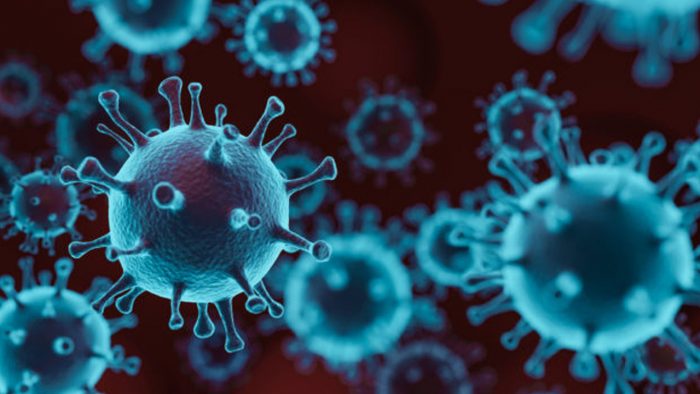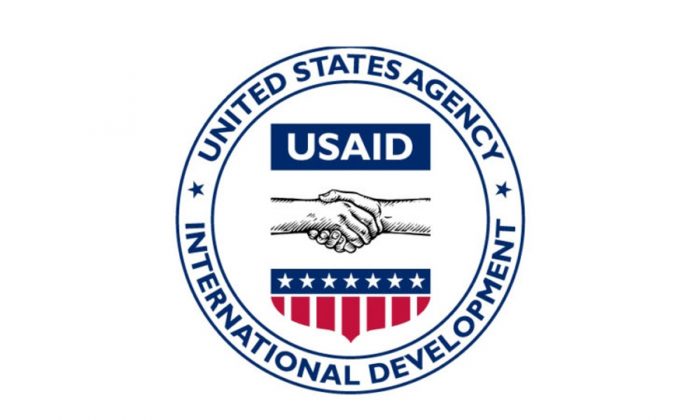President Muhammadu Buhari has congratulated fellow citizens on the joyous and historic occasion as Nigeria becomes Wild Polio Virus Free.
Mr Buhari also appreciated all partners, local and international, for their relentless efforts in ensuring the clean health bill.
The president made his feelings known in a statement released by his Senior Special Assistant on Media and Publicity, Garba Shehu, in Abuja an Sunday.
According to the president, this achievement reflects the resilient spirit of Nigerians, particularly the capacity of hardworking men and women in the health industry, who drew resources and support from multiple sectors to deal a final blow to the deadly virus.
He said: “This achievement is not only one of the great successes of this generation of Nigerians but also one of the obvious dividends of this administration, which is consistent with our progressive investment in the health of our people since 2015.
“This landmark achievement is also a promise kept to all Nigerians. As you will recall that in August 2015, barely three months after we assumed office, I promised Nigerians that: ‘My government shall provide the necessary resources and commitment required to strengthen the health system, routine immunisation and ensure the country is certified Polio free.”
The president noted that in 2016, the country suffered a major setback in the polio eradication efforts with the outbreak of the Wild Polio Virus in Borno, after about two years without any case.
Mr Buhari recalled that he promptly directed the immediate release of N9.8 billion to the National Primary Health Care Development Agency (NPHCDA) to contain the outbreak.
“Subsequently, we have been meeting all our financial obligations to bilateral and multilateral agreements, and also provided the moral support and leadership required at all levels to motivate the men and women in the frontline of polio eradication.
“In addition, we sincerely appreciate our donors and development partners who stood by the country during those trying times,” he added.
According to him, this achievement is a hard-won battle spanning over three decades of hard work and dedication by the Global Polio Eradication Initiative (GPEI).
He also lauded the Federal, States and Local Governments, polio eradication team at all levels, the nation donors and development partners, both local and international for their contributions in achieving this feat.
“As we recall, the polio eradication structures were used when Nigeria successfully eradicated Ebola Virus Disease within the shortest possible time in 2014.
“I am glad that these same human, material and technological resources have been deployed to steadily increase Routine Immunisation coverage and are being organised to implement the fight against community transmission of the COVID-19 pandemic.
“This big battle would not have been won without the support of our donors and development partners.
“These include Bill and Melinda Gates Foundation, Aliko Dangote Foundation, Rotary International, United States Centre for Disease Control and Prevention, USAID, Sir Emeka Offor Foundation, Japan International Cooperation Agency (JICA) and European Union.”
The president also acknowledged the contributions of the Global Health Canada, German Development Bank (KfW), WHO, UNICEF, Nigeria Governor’s Forum, Polio Survivors Group, the media, faith-based and other non-governmental organisations.
Besides, he noted the immense contribution of traditional and religious leaders who mobilised communities to accept immunisation and other government programmes.
“The final theatre of the polio eradication fight was particularly championed by the Northern Traditional Leaders Committee on Polio Eradication and Primary Health Care (NTLC) under the guidance of His Highness, Sultan of Sokoto, Muhammad Saad Abubakar, and strategic leadership of late Shehu of Bama, Alhaji Kyari Ibn Umar El-Kanemi.
“We thank you all for the leadership and partnership over the years,” the president said.

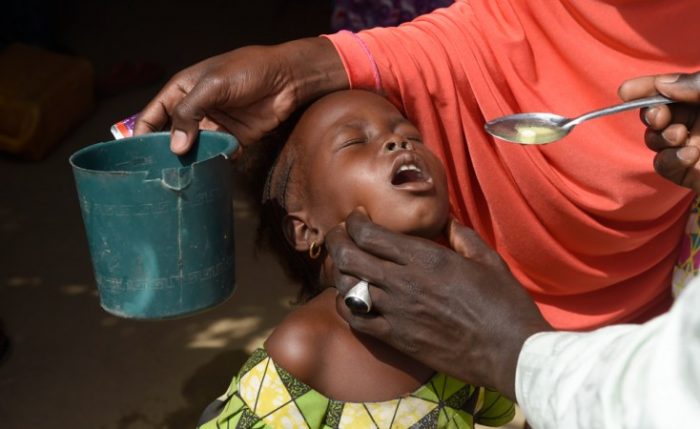
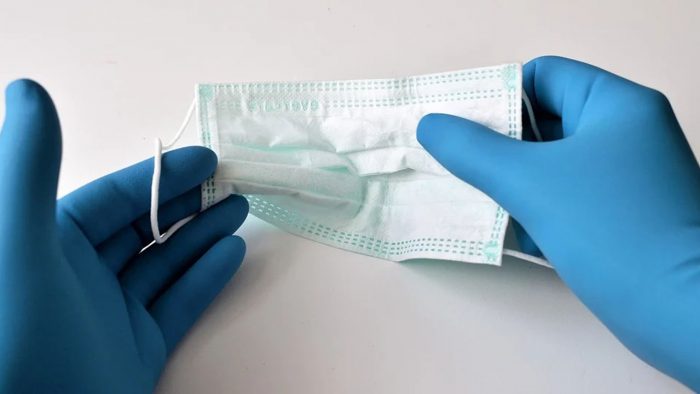
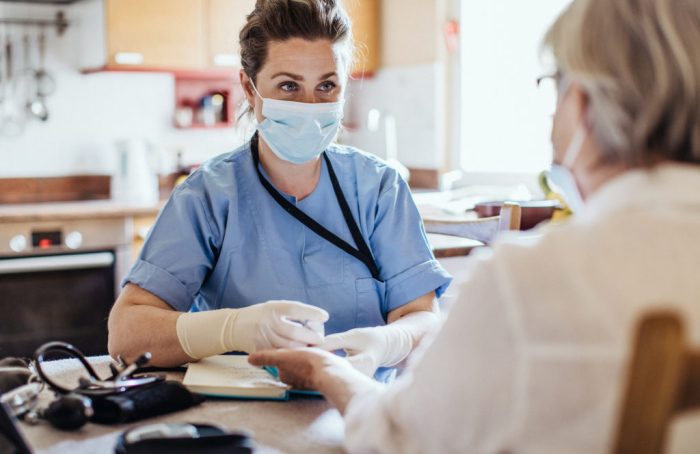
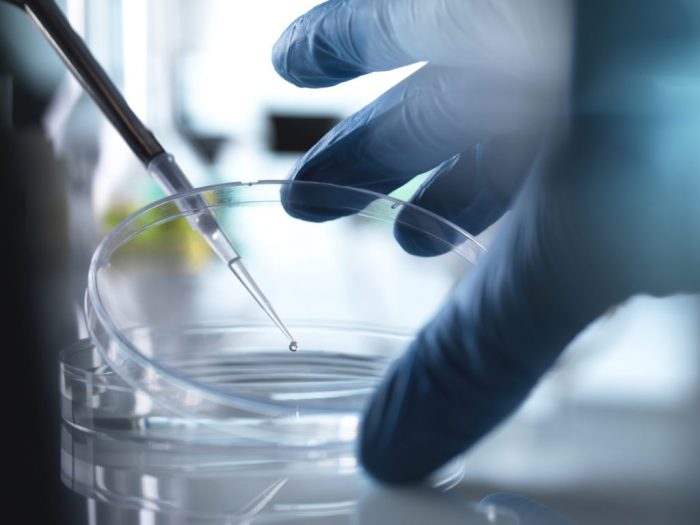
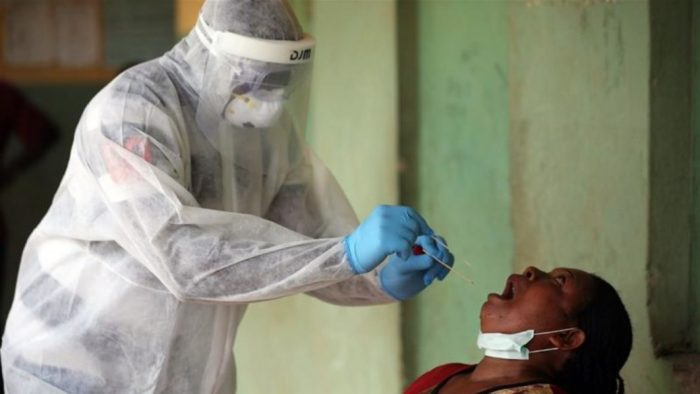
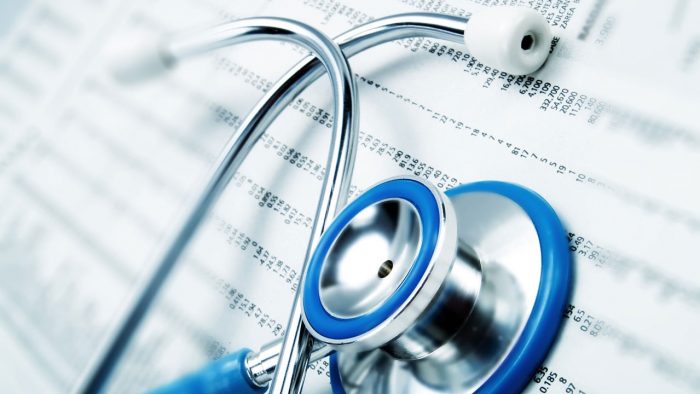
![Tedros-Adhanom-Ghebreyesus]](http://9jahealth.com.ng/wp-content/uploads/2020/06/Tedros-Adhanom-Ghebreyesus-700x394.jpg)
